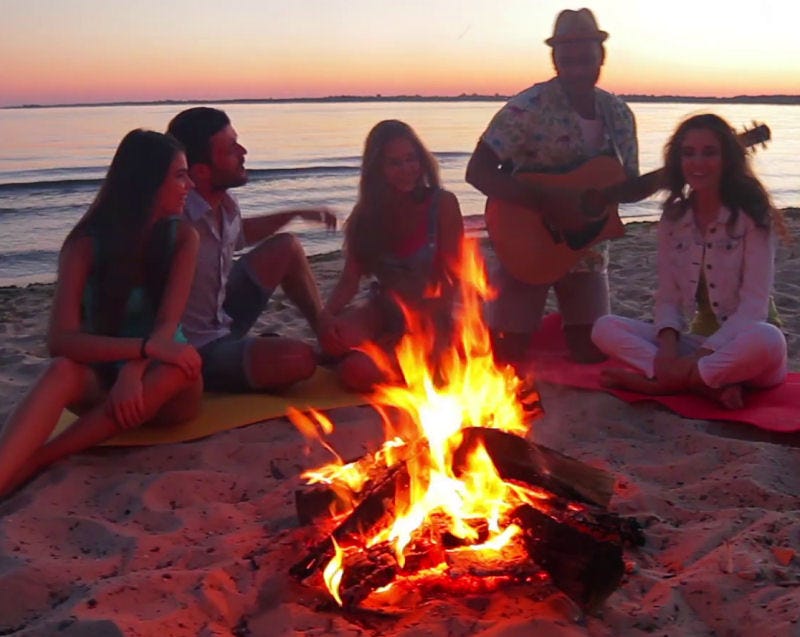Not doing things by the book.
Teaching my students how to just play.
There are all kinds of levels of being an instrumentalist or being a working musician. What's the difference? That was the question we asked our band director in my high school jazz band. He told us that none of us were musicians...yet. We weren't considered musicians until we made our first dollar. So, we went out and did some paid gigs.
Keep reading with a 7-day free trial
Subscribe to SoundHole Guitar Lessons to keep reading this post and get 7 days of free access to the full post archives.



